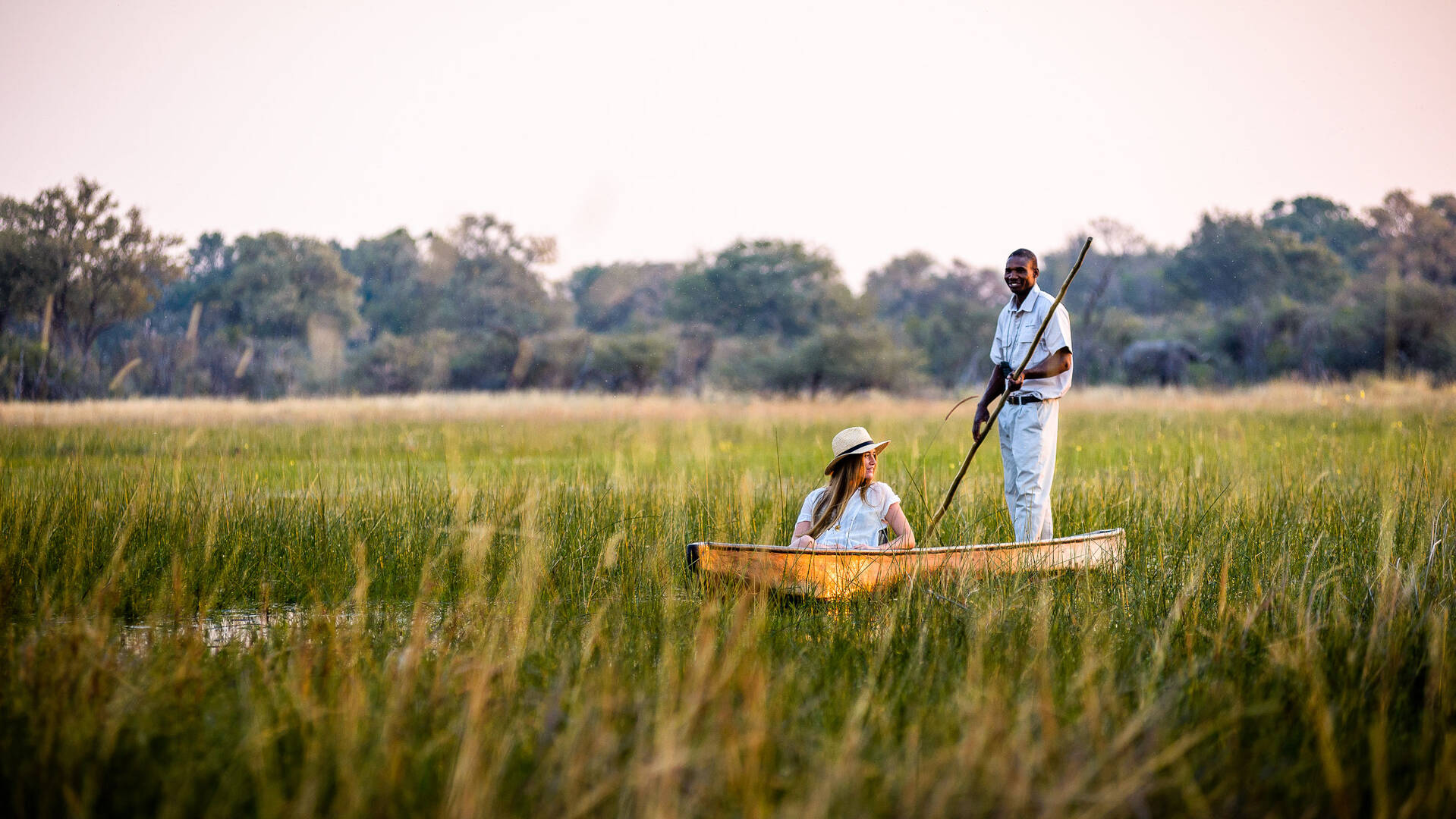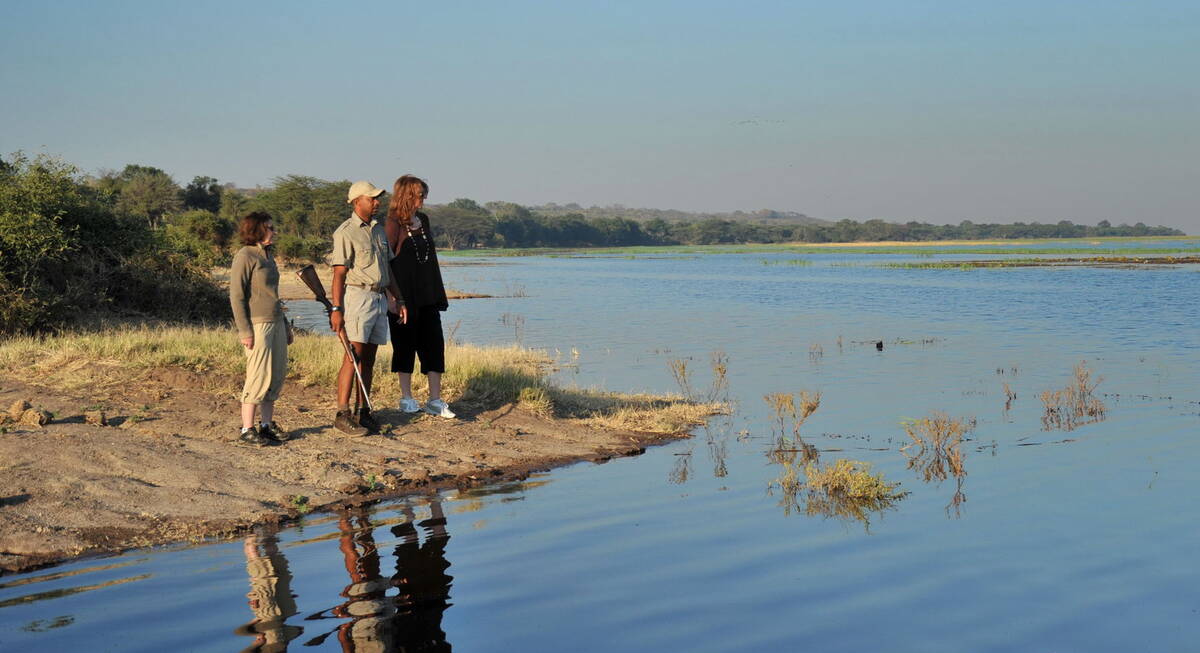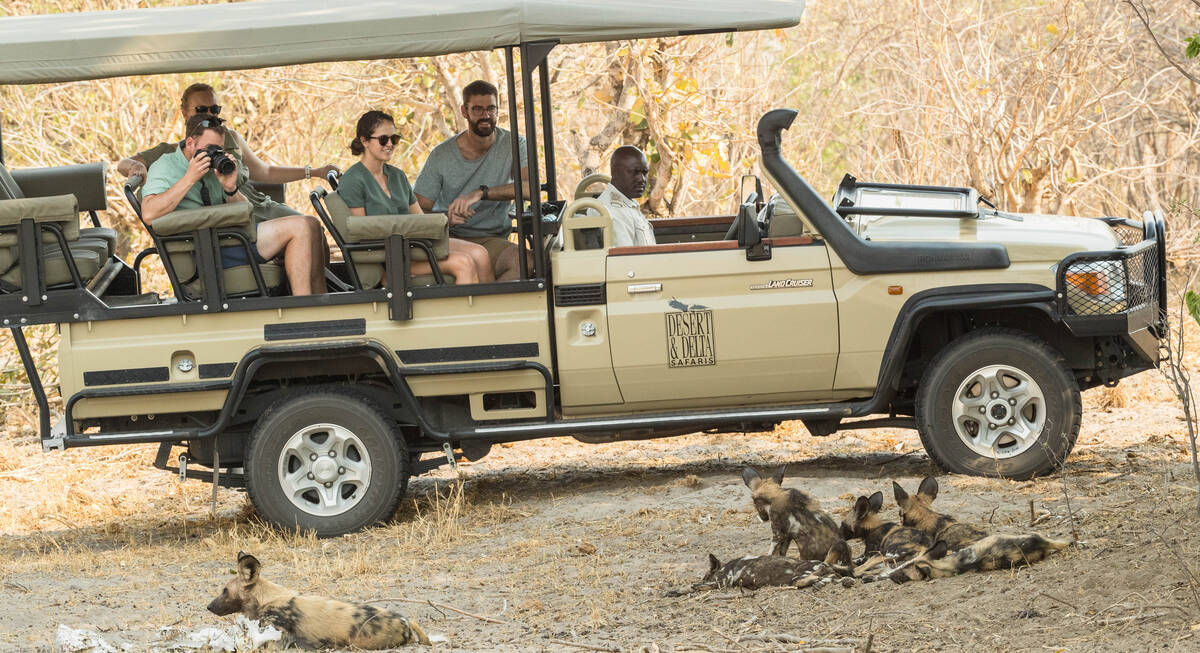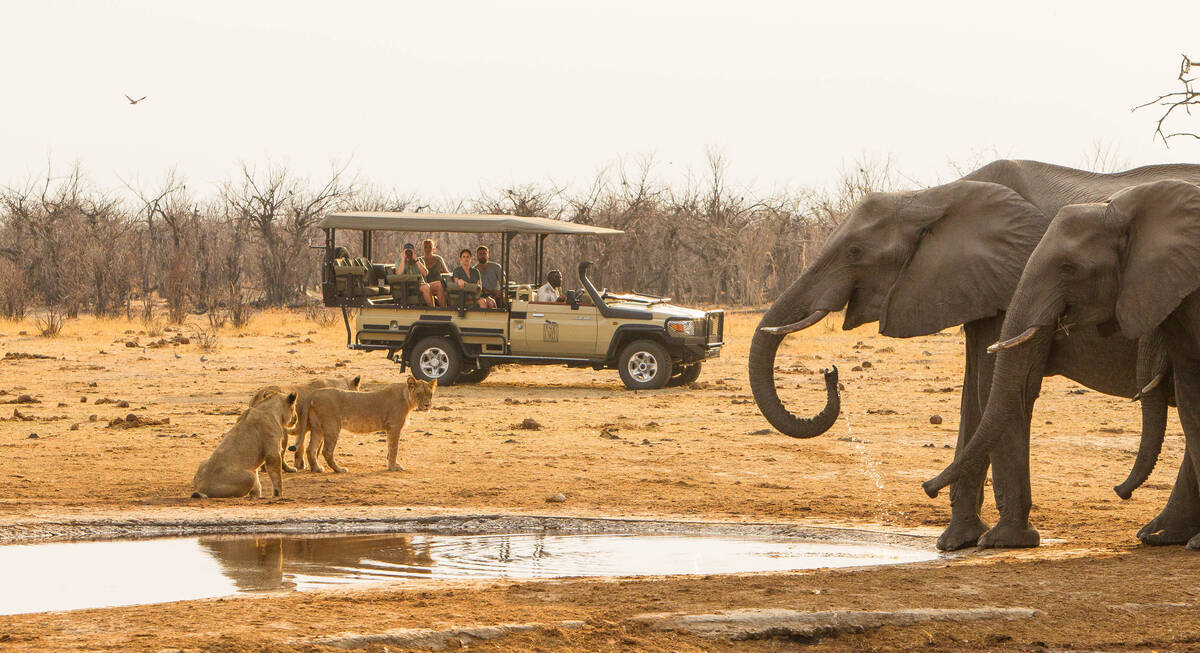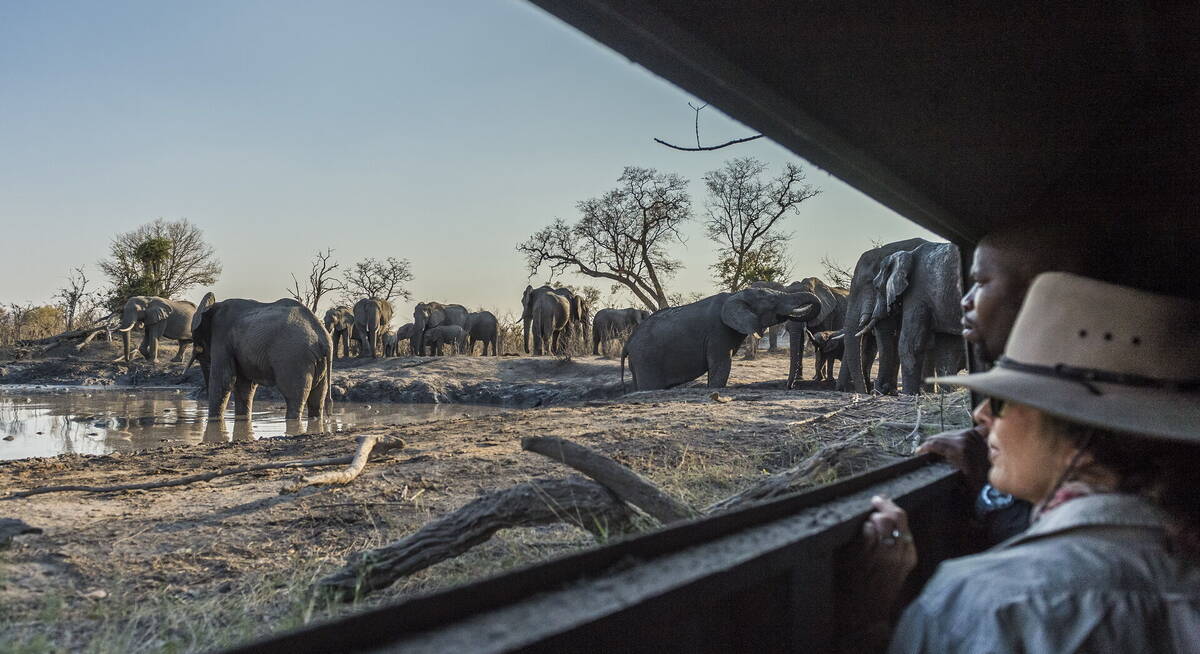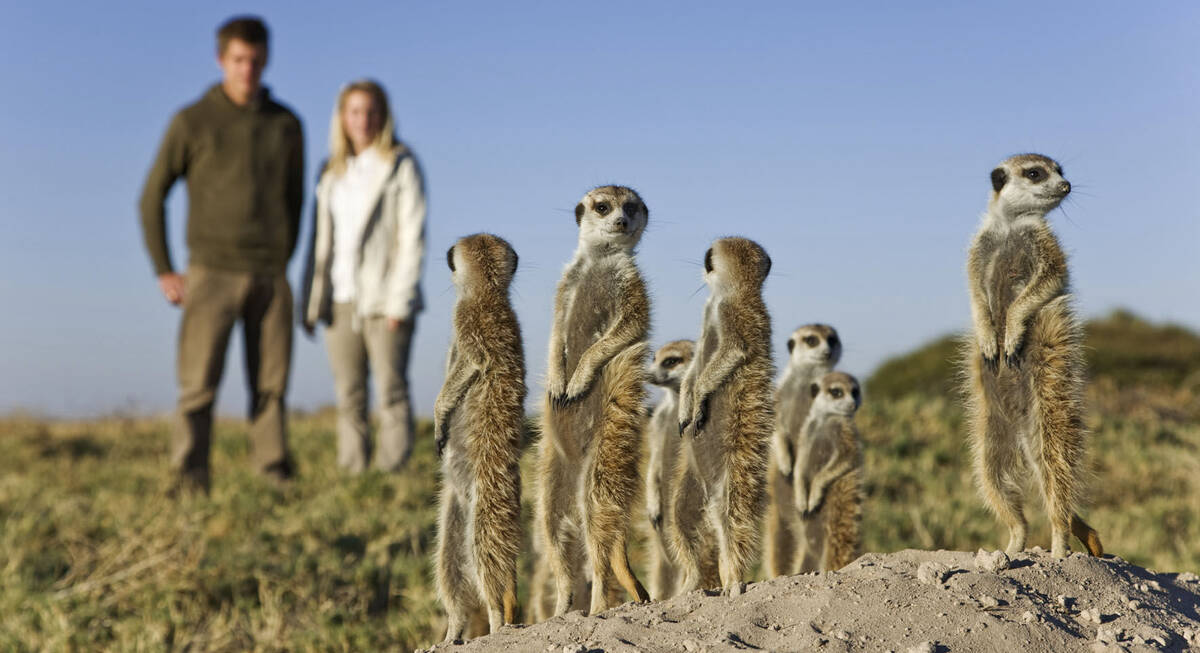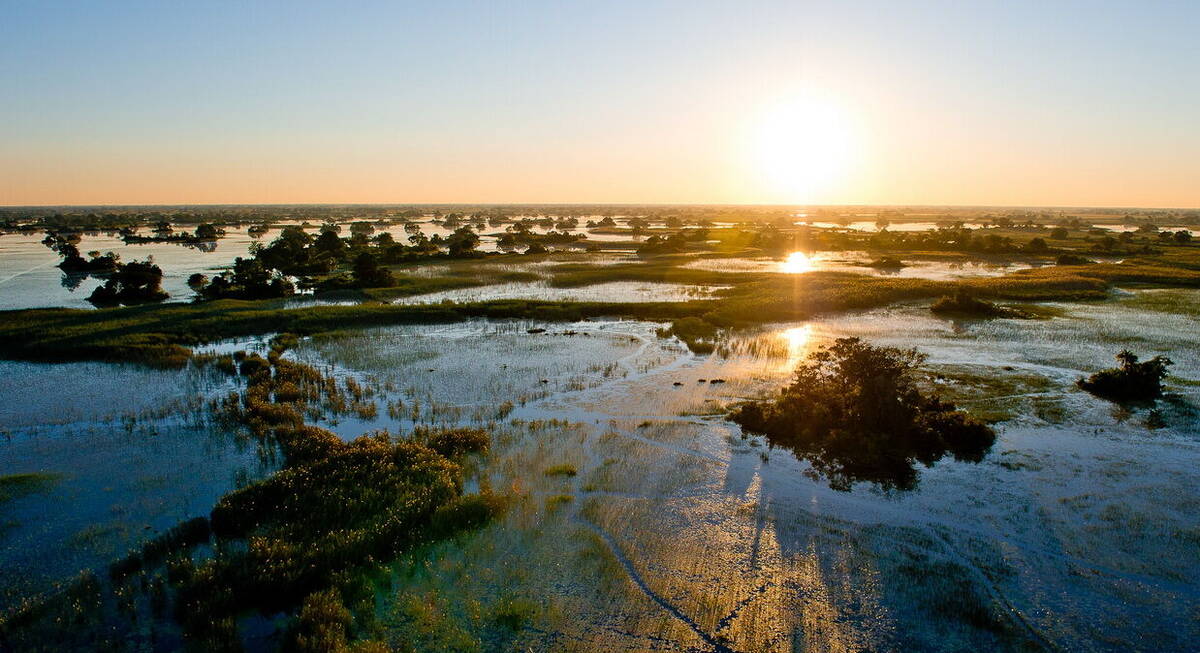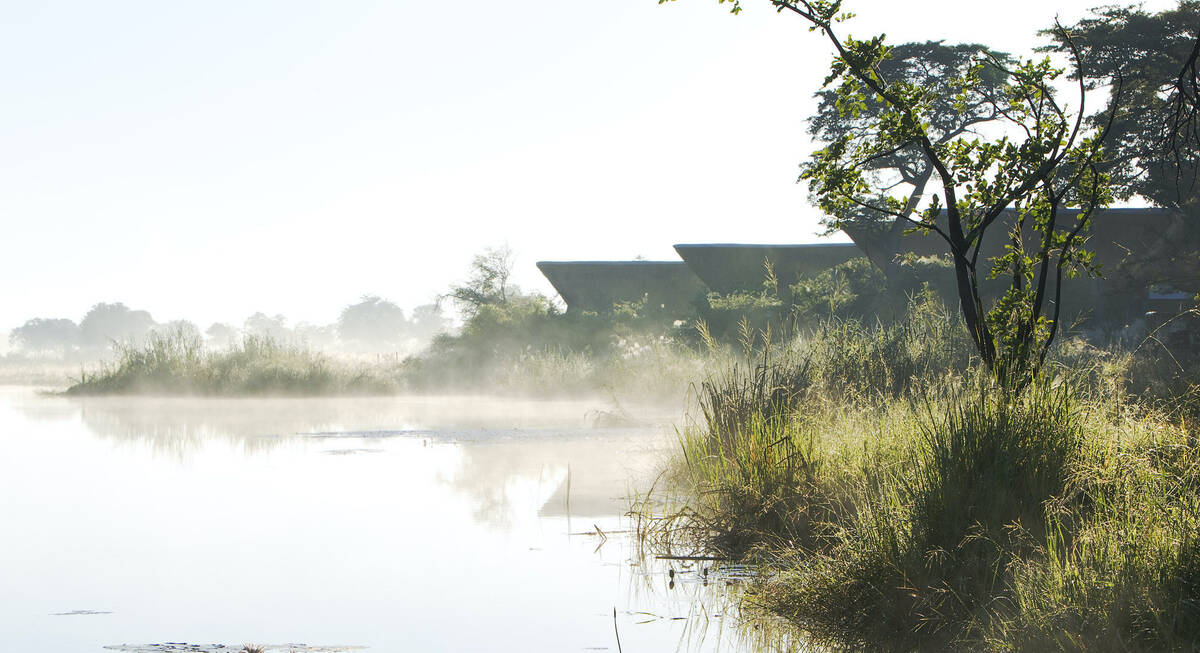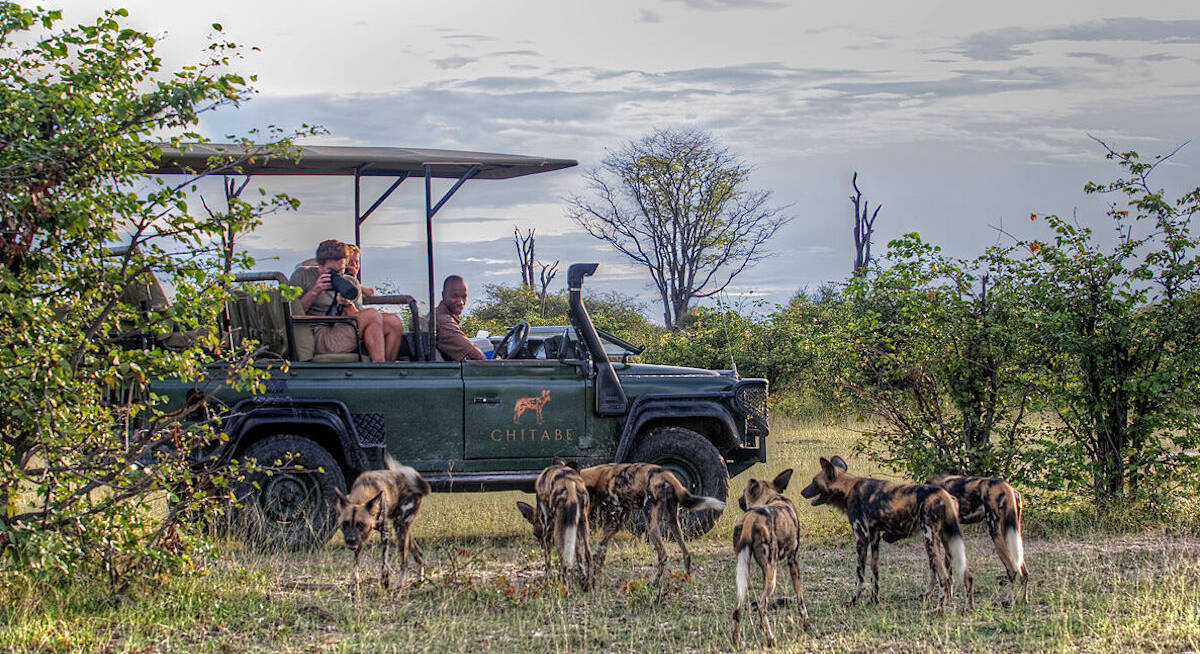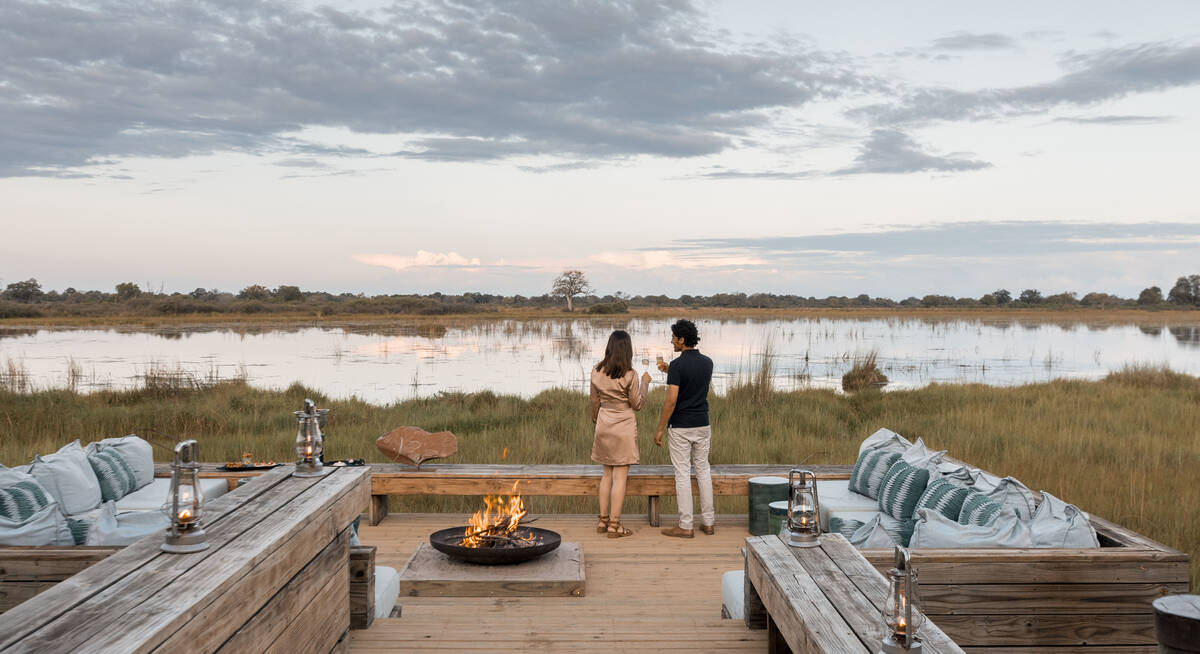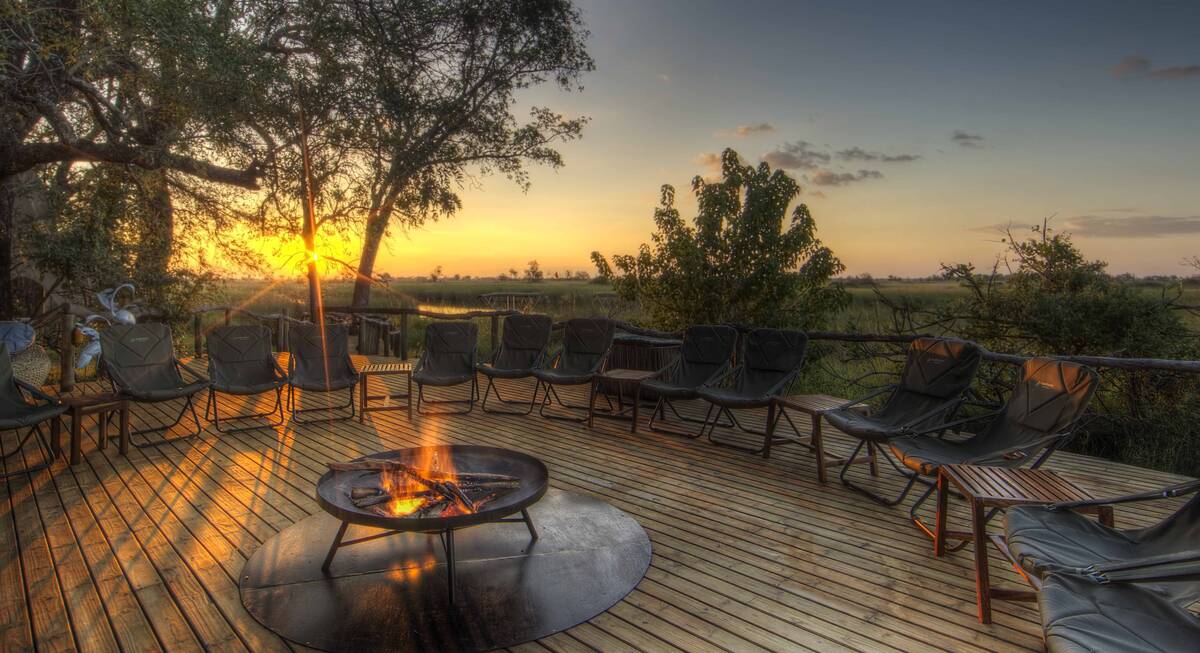Of course, if they helped you with something outstanding or very extraordinary, you might find yourself making an exception to this rule.Normally in Botswana you tip the guide separately, as you’ll spend most of the time with them, and the rest of the staff together. It is unusual to tip a camp manager.
When to tip
We’re sometimes asked about when to give tips, and it’s an important question. The options are:After each activity
At the end of each day
At the end of your stay
The answer is very clear: always tip just once, and always at the end of your stay at each safari lodge or camp.
Guides don’t expect a tip after each activity, and tipping this way would pressurise the guide to ‘perform’ for the guest who is tipping – whilst probably distorting the relationship between him/her and the guests as a whole. It would certainly put your fellow guests in a very difficult position if you were offering tips this frequently, and they were not.
How to tip
Most camps and safari lodges in Botswana have a ‘tip box’, and often their own tipping policy. Sometimes the ‘tip box’ will be for all the staff; sometimes it’ll be for the staff excluding the guides; occasionally it’ll be arranged differently.Some camps explain their tipping policy in the literature left in their rooms. If not, ask the manager and, if there’s a tip box, find out who shares the proceeds of this. You can then decide whether to put everything into the box, or to tip some members of the team separately and more directly. In most Botswana camps, guides, trackers, mokoro polers and butlers are usually tipped directly; other staff are usually lumped together into the ‘general staff tip box’. But this varies, so do ask!
Travellers often ask if they can tip by credit card – and the answer depends entirely on the camp, their accounting practices and their ability to process cards. However, this isn’t the norm, and it makes it difficult to direct your tip to precise team members. It’s much more common to tip with cash, with the preferred currency in Botswana being Botswana pula or, failing that, US dollars, South African rands, or even euros or GB pounds.
One excellent idea is for well-prepared guests to bring a small supply of envelopes with them, perhaps with a note inside on which a ‘thank you’ could be written. Towards the end of your stay, you can name the envelopes for the people or groups of people whom you wish to tip, put the appropriate cash tip into each, then either hand them out to individuals or put them into the general tip box.
How much to tip
Bear in mind that all we can offer here is guidance from our experience in Botswana. In the end, tipping depends on your personal opinion and your individual satisfaction – moderated by some understanding of the issues mentioned above.Given that, we’d recommend that for good service, our travellers tip around:
- US$10-20 per guest per day for a group guide
- US$20-40 per guest per day for a private guide
- US$5-10 per guest per day for mokoro polers, trackers or a butler
- US$5-10 per guest per day for the general staff
In contrast, the equivalent GNI in the UK is about $US118.74; in the United State about $US150.58; in New Zealand about US$109.80; and in Germany about US$125.45.
Gifts as a tip?
If you’re returning to a camp, it is a lovely gesture to bring personalised gifts for the people there, for example for the guide or butler. This isn’t done commonly, but is always appreciated. Favourite items include pens and books – especially wildlife guides (eg: comprehensive and detailed field guides).Tipping is a sensitive issue, but there is no need to feel embarrassed. It’s a normal part of a service industry in Botswana, as it is in restaurants in many countries. Just remember that relatively affluent visitors can have a big impact on the local economy: tipping does influence the economic and social balance – so keep that in mind when you tip the staff during your safari in Botswana.
Our top picks for holidays to Botswana
We'll always tailor-make your Safari for you. Here are some of our favourites to inspire you.

Looking for inspiration on where to travel next?
Visit our trip chooser to explore your options and find inspiration for your perfect African adventure
Inspire me